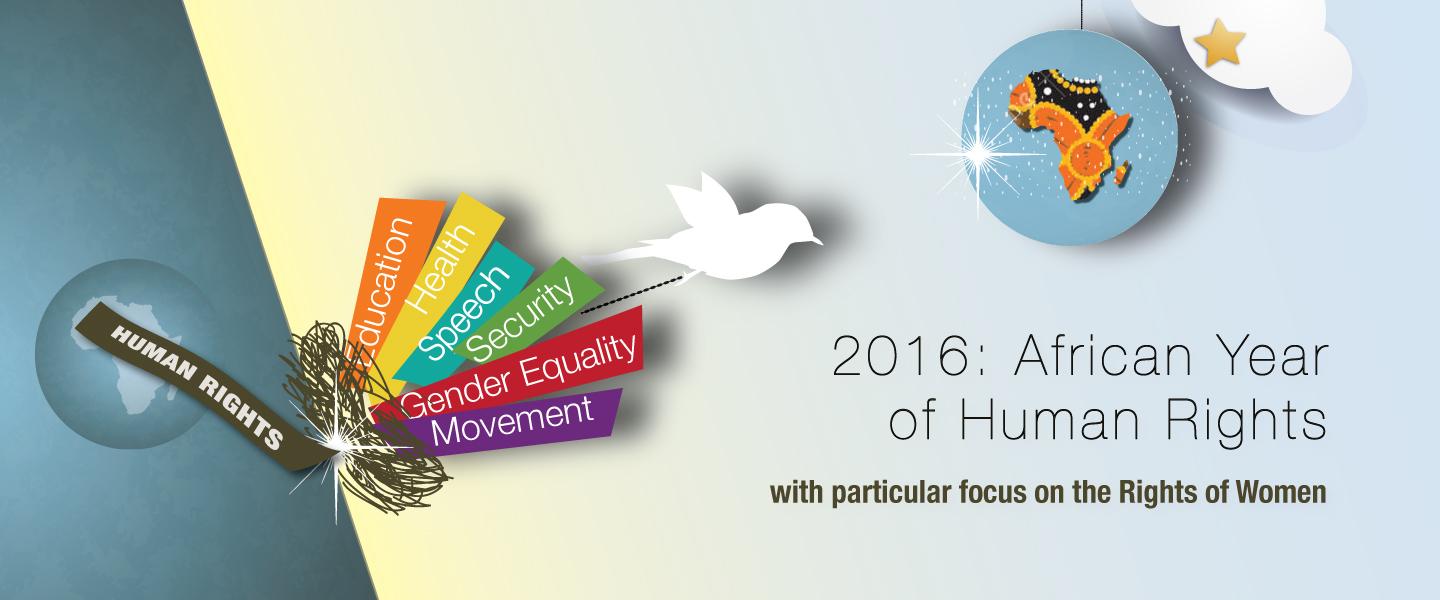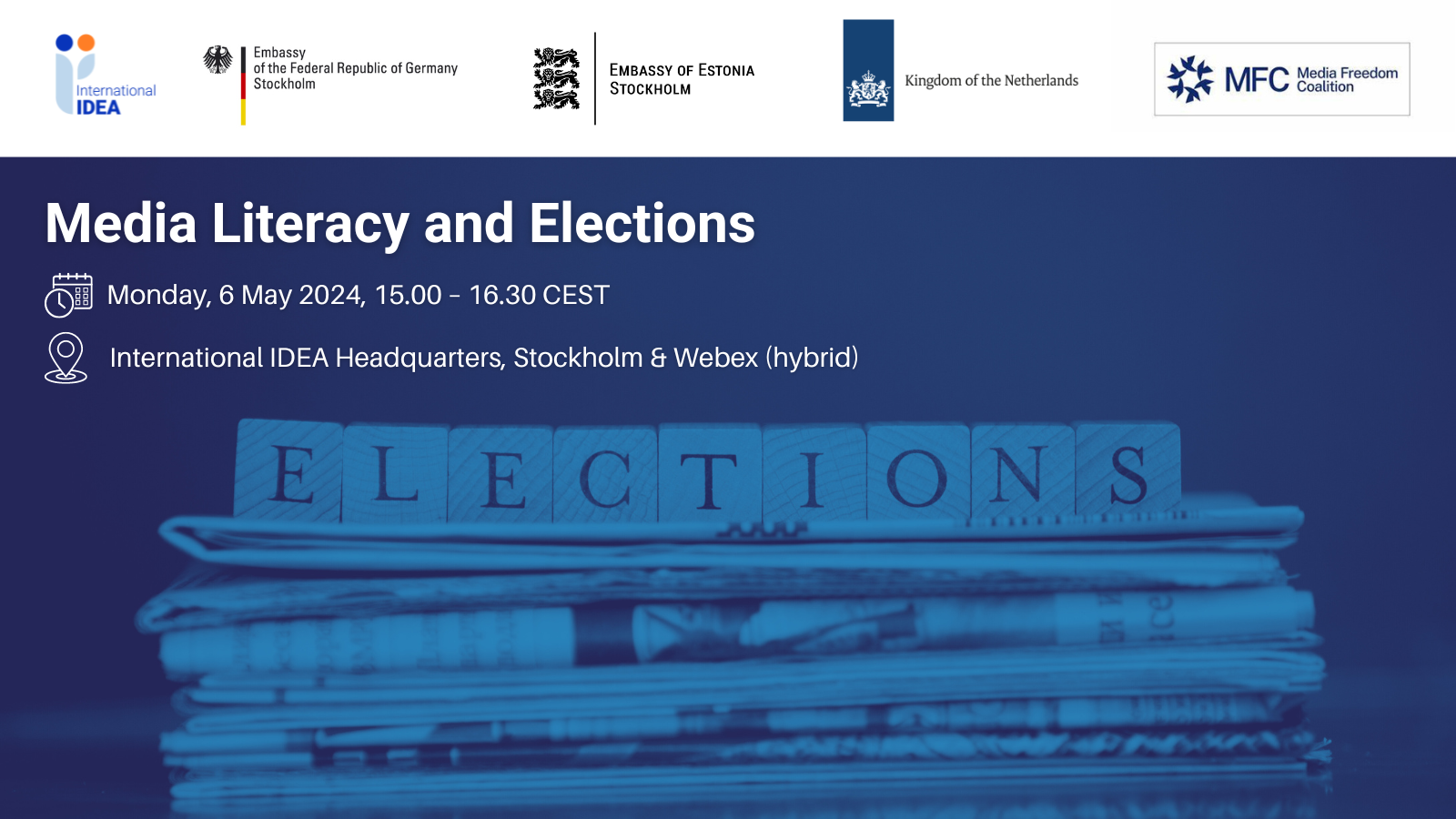The African Union’s women-only election observation mission to the Seychelles

On 4 September 2016 the African Union Commission (AUC) launched its first election observation mission exclusively staffed by women to the Republic of Seychelles.
The context of the mission is the AUC’s declaration of 2016 as the “African Year of Human Rights with a Special Focus on the Rights of Women” which continues an initiative for the promotion of women’s rights launched the year before. Twenty-nine observers were deployed to the Parliamentary Elections in Seychelles that were held on 8-10 September, 2016. The mission recruited its observers among members of the Pan African Parliament (PAP), Election Management Bodies (EMBs) and civil society organizations from 22 African countries as well as international organizations such as UN Women.
Why is that a noteworthy event? Is it more than a symbolic call for women’s political rights? A first answer to that question relates to the deliberate design of a women-only mission. Until recently, the heads of AU Election Observation Missions (EOM) used to be former heads of states. As women are still a rarity in this position, the missions were usually led by men. In order to boost the number of women, the AU has started to change its selection policy. The post requires a person that knows the intricacies of elections and is able to conduct mediation in a volatile political atmosphere. Thus, qualified candidates are not necessarily only to be found in the portrait gallery of African presidents. Instead, the AU looks in particular for qualified female candidates and also among Chairpersons of Election Management Bodies, as well as Members of Parliament and other eminent personalities. The female staffing of an observation mission is itself a form of women participation in electoral processes.
Gender policy in Africa
In Africa, the issue of equal gender representation remains a challenge. Ms. Sharon Ndlovu is Principal Political Analyst at the Department of Political Affairs of the African Union Commission which – in close collaboration with the Women, Gender and Development Directorate - assumes a leading role in the AU gender policy. She also acted as Coordinator of the Election Observation Mission to the Seychelles. With regards to the political participation of women in Africa she points both to the progress that has been made and the need for further promotion. On the one hand, Ms. Ndlovu highlights the effects of the Maputo protocol (see box) as a legal instrument for the advancement of women’s political rights on the continent. The creation of progressive institutions and legislative innovations could be observed since its adoption. For instance, countries like Uganda, Kenya, Rwanda, South Africa and Zimbabwe have established Gender Equality or Equal Opportunities Commissions, a specialized type of human rights bodies.
On the other hand, as the case of the Seychelles shows: The mere provision of rights falls short of improving women political participation sustainably. At first sight, the record of the Seychelles is exemplary: “With 44% representation, Seychelles has ranked fourth (4th) in the world, second (2nd) in Africa, and first (1st) in the SADC region in terms of women representation in parliament. (…) The rights of women are enshrined in the Constitution, including the right to political participation, and there are no legal barriers for their participation in the electoral process.”
Unfortunately, the high ratio of 44% of women delegates in the 2011 National Assembly was only a positive outlier. Since the re-introduction of multi-party politics in Seychelles in 1993, the number of women in the parliament has usually been under 30% and has decreased again to 21% in the recent elections. The AU EOM explained the exceptional case of 2011 as “the unintended result of an election in which Party Lepep (PL), the only party which regularly fields high numbers of women candidates, contested the election largely unopposed.” As Party Lepep lost its dominance in the parliament in the recent elections, the share of women fell off.
The solution that could have secured the Seychelles’ exemplary record of women representation is the introduction of a gender quota. On the African continent, the Southern African Development Community (SADC) has recognized the need to push states to embark on such steps for the promotion of women’s political participation. In 2008, the Protocol on Gender and Development was signed which calls on states to use affirmative action measures to increase the number of women in decision-making positions in the public and private sectors to at least fifty percent by 2015 (Art. 12.1). The Quota Database also points to the effectiveness of the instrument of quotas: Among the African countries with more than 40% of women delegates, Seychelles had been the only one without either a quota for legislative candidates or party lists or reserved seats for women in parliament.
Election observation as strategy for women empowerment
With regard to the deployment of a “women-only mission”, Ms. Ndlovu is convinced that it was more than a symbolic demonstration. Compared to her experience with other EOMs, she comes to the conclusion that it made a difference with regards to the practices and the impact of the mission: “The mission was enabled to make critical observations of the whole electoral cycle, and specific analysis of issues in the Seychelles’ electoral system through a gender lens. It is my belief that this also influenced the deployment of more women security personnel at the polling stations on Election-Day.” More specifically, she points out that Madam Bineta Diop who supported the mission as Special Envoy for Women and Peace and Security brought attention to the potential of women for peacebuilding. This sensitization was very helpful when the aggressive tone during the campaign period gave a cause for concern regarding the risk of post-election violence.
International IDEA is committed to promote gender equality in its assistance to democratization and electoral processes. In line with the idea of the AU’s “women-only” EOM, the IDEA team in the Tunis office in the Africa and West Asia region seeks to enhance the potential of a gender-sensitive election observation. Within the framework of its support to the upcoming municipal elections in Tunisia, it is in the process of developing a methodology for the monitoring of electoral processes from a gender perspective.
--------
Regional protocols on gender participation
The Maputo protocol is officially entitled “Protocol to the African Charter on Human and People’s Rights on the Rights of Women in Africa.” It was originally adopted by the Assembly of the African Union on its second summit in Maputo, Mozambique on 11 July 2003 and went into effect in November 2005. Art. 9 of the protocol grants “the right to participation in the political and decision-making process”, but does not specify objectives in terms of women representation.
The SADC Protocol on Gender and Development was adopted in 2008 and enforced in September 2012 after ratification by nine of the 13 signatories. As compared with the Maputo protocol, it provides for a more strategic approach to women empowerment: Art. 5 requires states to take “affirmative action measures” to remove barriers for women political participation and Art. 12 sets the ambitious goal of a 50% representation of women in decision-making positions until 2015. In June 2016 the Gender Ministers of all 15 member states agreed on an updated version of the protocol. In the revised protocol, Art. 12 was changed as follows: States are now required to use “special measures” to “ensure equal and effective representation”. It makes the impression that the wording has been watered down to secure the approval of all members.
--------


